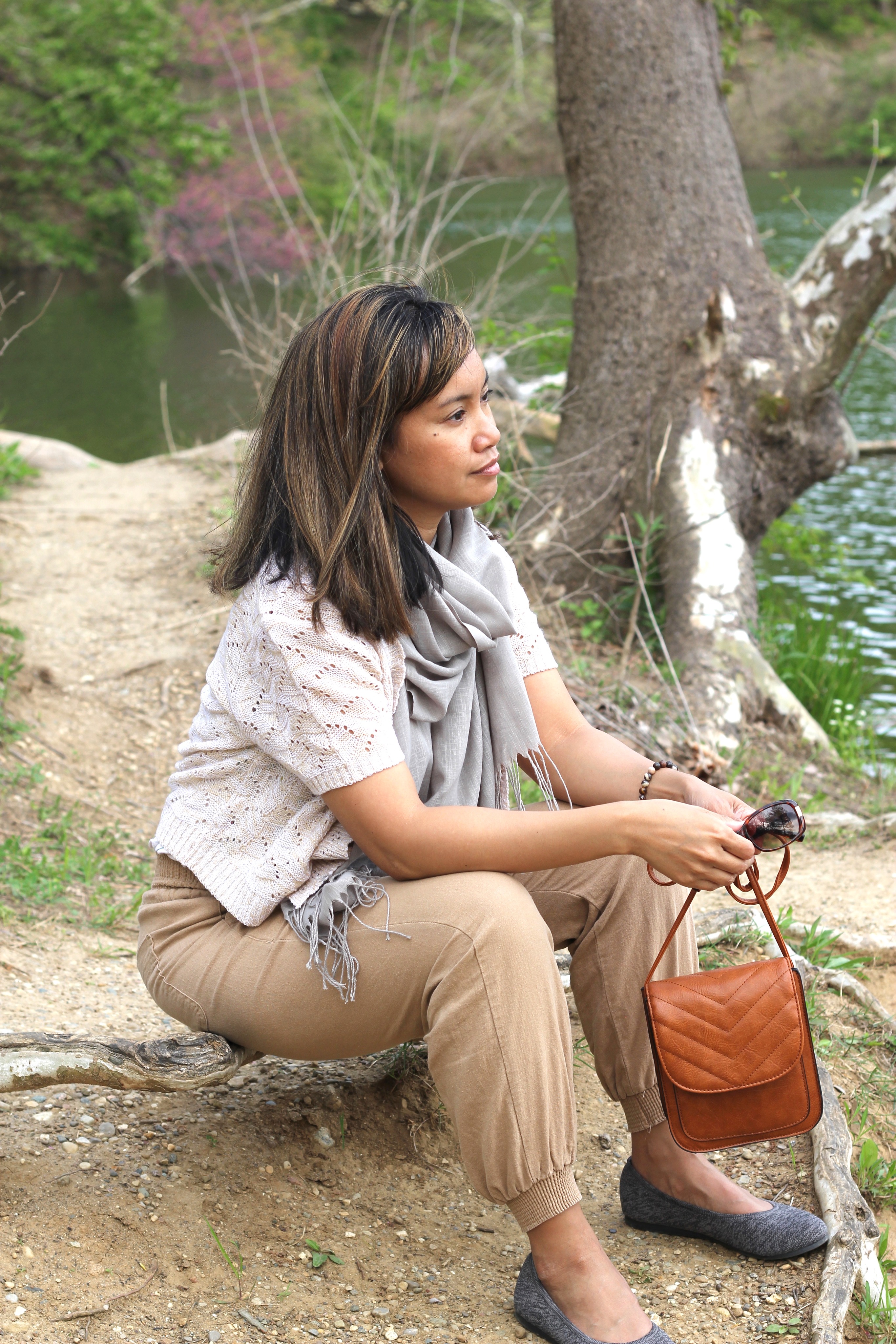Schlagwort: Adoptierte Erfahrung
-
Sensibler Umgang mit Verlassenheitsängsten
Lyla shares an awesome way her adoptive parents assisted her with abandonment fears – a rational fear all adoptees have borne out of losing their first family.
-
Meg bei der K-Box Adoptee Takeover Night
—
von
In Adoptee Activism, Adoptierte Künstler, Adoptee Artwork, Adoptees Educate, Australien, Complexities in Adoption, Critical Thinking in Adoption, Diversity in Adoption, Grief and Loss, Importance of Connections to Origins, Is adoption the best option, Korea, Lifelong Impacts of Adoption, Multiple Identities, Not Knowing in Adoption, Transrassische Adoption, Trauma bei der AdoptionMeg O’Shea presents her comic about returning and searching in Korea at our 9 Sept 2022 K-Box Adoptee Takeover Night in Melbourne, Australia.
-
Ebony bei der K-Box Adoptee Takeover Night
—
von
In Adoptee Activism, Adoptierte Künstler, Adoptee Artwork, Adoptees Educate, Adoption Education for Adoptive Parents, Adoption Education for Professionals, Australien, Complexities in Adoption, Grief and Loss, Haiti, Importance of Connections to Origins, Lifelong Impacts of Adoption, Herkunftssuche, Therapy, Transrassische Adoption, Trauma bei der AdoptionEbony Hickey ist eine in Haiti geborene, im Ausland nach Australien adoptierte Person, deren zeitgenössische Kunstwerke wir bei der K-Box Adoptee Take Over Night gezeigt haben.
-
Adoptee Review of Ra Chapman’s K-Box Play
—
von
In Adoptierte Künstler, Adoptee Artwork, Adoptees Educate, Adoption Education for Adoptive Parents, Adoption Education for Professionals, Australien, Complexities in Adoption, Grief and Loss, Importance of Connections to Origins, Korea, Lifelong Impacts of Adoption, Not Knowing in Adoption, Herkunftssuche, Südkorea, Transrassische Adoption, Trauma bei der Adoptionby Kayla Curtis, Korean adoptee raised in Australia, social worker and counsellor specialising in adoption. I want to share some reflections from going along to the K-Box Adoptee Takeover Night at the Malthouse and seeing Ra Chapman’s K-Box play in Melbourne, Australia on 9 September. Personally, I am feeling an excitement from seeing K-Box because…
-
Embracing Therapy as an Adoptee
—
von
In Adoptees Educate, Adoption Education for Adoptive Parents, Adoption Education for Professionals, Complexities in Adoption, Grief and Loss, Importance of Connections to Origins, Lifelong Impacts of Adoption, Multiple Identities, Not Knowing in Adoption, Herkunftssuche, Russland, Sense of Belonging, Therapy, Transrassische Adoption, Trauma bei der Adoption, USAOleg shares the journey from being ashamed of needing therapy to fully embracing and recognising the benefits it added to his life as an intercountry adoptee.
-
Wenn der Mond jetzt meine Geburtsmutter sein könnte
Roxas-Chua teilt ihre Kunstwerke und Gedanken, wenn sie über ihre leibliche Mutter nachdenken, sich selbst Zärtlichkeit schenken und sich damit abfinden, eine adoptierte Person zu sein.
